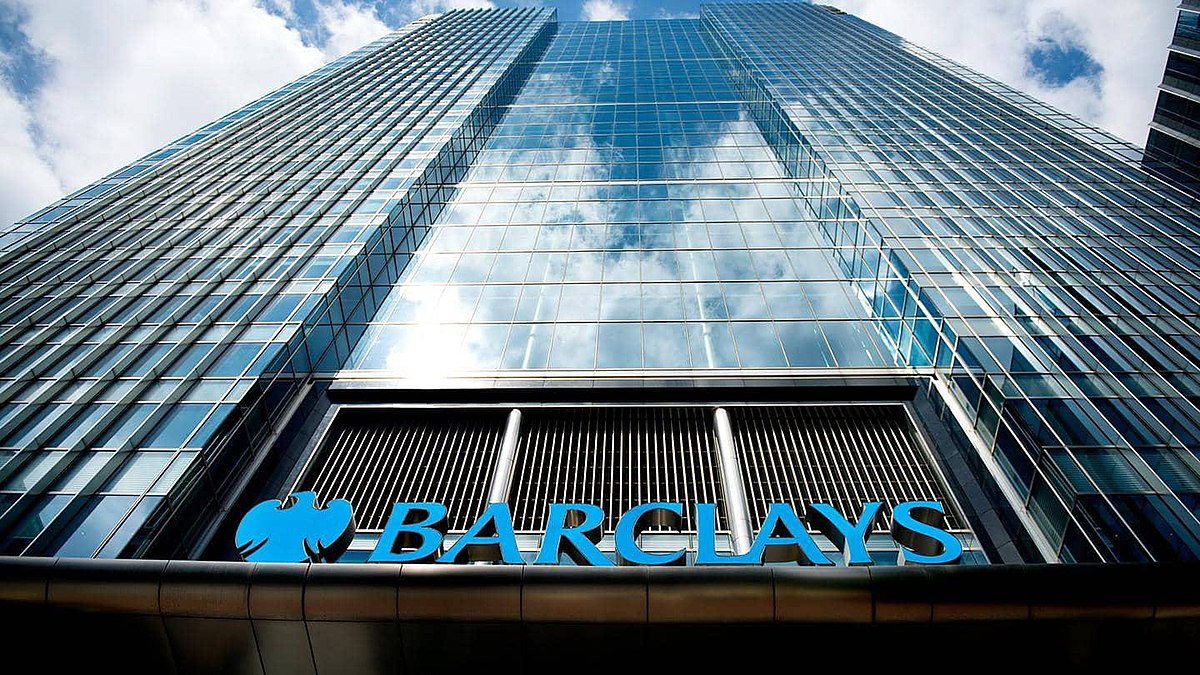Barclays shareholders have rejected calls to accelerate a phase-out of fossil fuel financing, but a quarter remain unconvinced by the bank’s current approach to tackling climate change.
Over 100 investors representing more than $4 trillion of funds had filed a resolution with campaign group Market Forces to ask Barclays to set distinct targets in line with the Paris Agreement.
The proposal was defeated at the bank’s socially distanced annual general meeting, with 14 percent of shareholder votes in favour of the climate resolution. Almost the same number of votes, however, were “withheld” – equivalent to an abstention – with major global investment manager BlackRock among them, despite the bank ordering shareholders to vote down the proposal.
Adam McGibbon, UK Campaign Lead at environmental activist group Market Forces, which filed the resolution, said the outcome of the vote was a “major concern”.
“If Barclays has genuinely climate-concerned investors, shareholder votes for greater climate action should only be increasing,” he said.
“Barclays’ institutional investors have some serious questions to answer about their commitment to climate change action. Having seen Barclays’ climate policies fail to rein in its investments in fossil fuels in the last year, to have investor support for climate change action drop this year compared to 2020 smacks of either indifference or incompetence from many major investors.”
Change was happening, McGibbon told DeSmog, but too slowly.
“There is a healthy group of investors who see past Barclays’ greenwash, who will need to work hard over the next year to convince their colleagues to demand stronger climate action from the bank,” he said.
‘Loophole-filled’
Jeanne Martin, Senior Campaign Manager at responsible investment charity ShareAction, said the results indicated a growing frustration among shareholders on their banks’ climate pledges.
“A quarter of Barclays’s shareholder base have today made clear that they remain dissatisfied with the bank’s financing of the fossil fuel industry and its loophole-filled energy policy,” Martin told DeSmog.
“During the AGM, Barclays repeatedly said that ‘action, not words’ was what mattered. We agree. Barclays should now put its money where its mouth is and publish a sector-leading fossil fuel policy ahead of COP26.”
ShareAction also filed a resolution with Barclays last year, where nearly 24 percent of shareholders called for the bank to phase out the financing of fossil fuels and utility companies not aligned with the goals of the Paris Agreement.
Barclays’ board put forward its own less ambitious proposal to become a net zero business by 2050, which was accepted. The new measures do not include a rapid phase-out of fossil fuel financing, however.
The resolution by Market Forces called on Barclays to “set, disclose and implement a strategy” with short, medium and long-term targets, “to phase out its provision of financial services” to fossil fuel projects and companies in timeframes consistent with the Paris Agreement. It also called on Barclays to report annual progress on that strategy, starting from 2022.
Barclays was the largest fossil fuel backer in Europe between 2016-2019, according to the 2020 Banking on Climate Change report, which found that the bank provided $85 billion of financing to fossil fuels companies between 2016-2019, and $25 billion the following year.
Barclays also increased funding for fracking, tar sands and arctic oil by 32 percent during that period, and remains the biggest UK funder of the global coal industry.
Explaining its abstention, BlackRock said in a press release it was “supportive of the broad ask of the resolution,” but said the wording was “imprecise and ambiguous,” meaning that they could not vote in favour.
The AGM comes after a DeSmog investigation found that the majority of directors at the world’s biggest banks were affiliated to polluting companies and organisations.
DeSmog’s analysis revealed that 65 percent of directors from 39 banks could be considered “climate-conflicted”, including those at Barclays, where 83 percent of board members were found to be connected to polluting industries.
DeSmog has approached Barclays for a comment.
Subscribe to our newsletter
Stay up to date with DeSmog news and alerts






